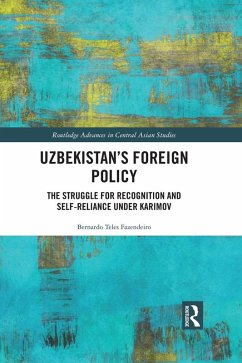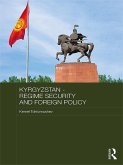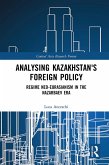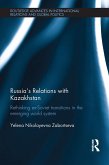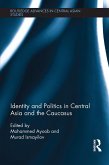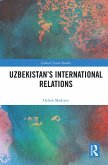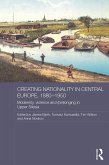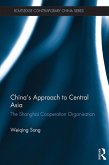This book addresses the making of Uzbekistan's general foreign policy and its corresponding effects outside Central Asia, particularly at the highest level, among state officials, heads of state and ministers. It shows how a particular set of promises, slogans and attitudes became the pillars upon which Uzbekistan's international role was shaped, a role which then affected Tashkent's twenty-five year relations with Russia, the United States, Germany and Turkey. The book argues that the Government of Uzbekistan sought to be recognised as a self-reliant power after independence, but that the international norms of the post-Cold War order, coupled with the conflicting aims of the partners with whom it interacted, hindered acknowledgement and contributed to a twenty-year struggle for recognition.
Providing a thorough assessment of President Karimov's legacy in the foreign policy domain, this book contributes to the developing field of role theory and recognition in International Relations. It will also be of interest to academics in the fields of Central Asian and Eurasian politics and international relations.
Dieser Download kann aus rechtlichen Gründen nur mit Rechnungsadresse in A, B, BG, CY, CZ, D, DK, EW, E, FIN, F, GR, HR, H, IRL, I, LT, L, LR, M, NL, PL, P, R, S, SLO, SK ausgeliefert werden.

